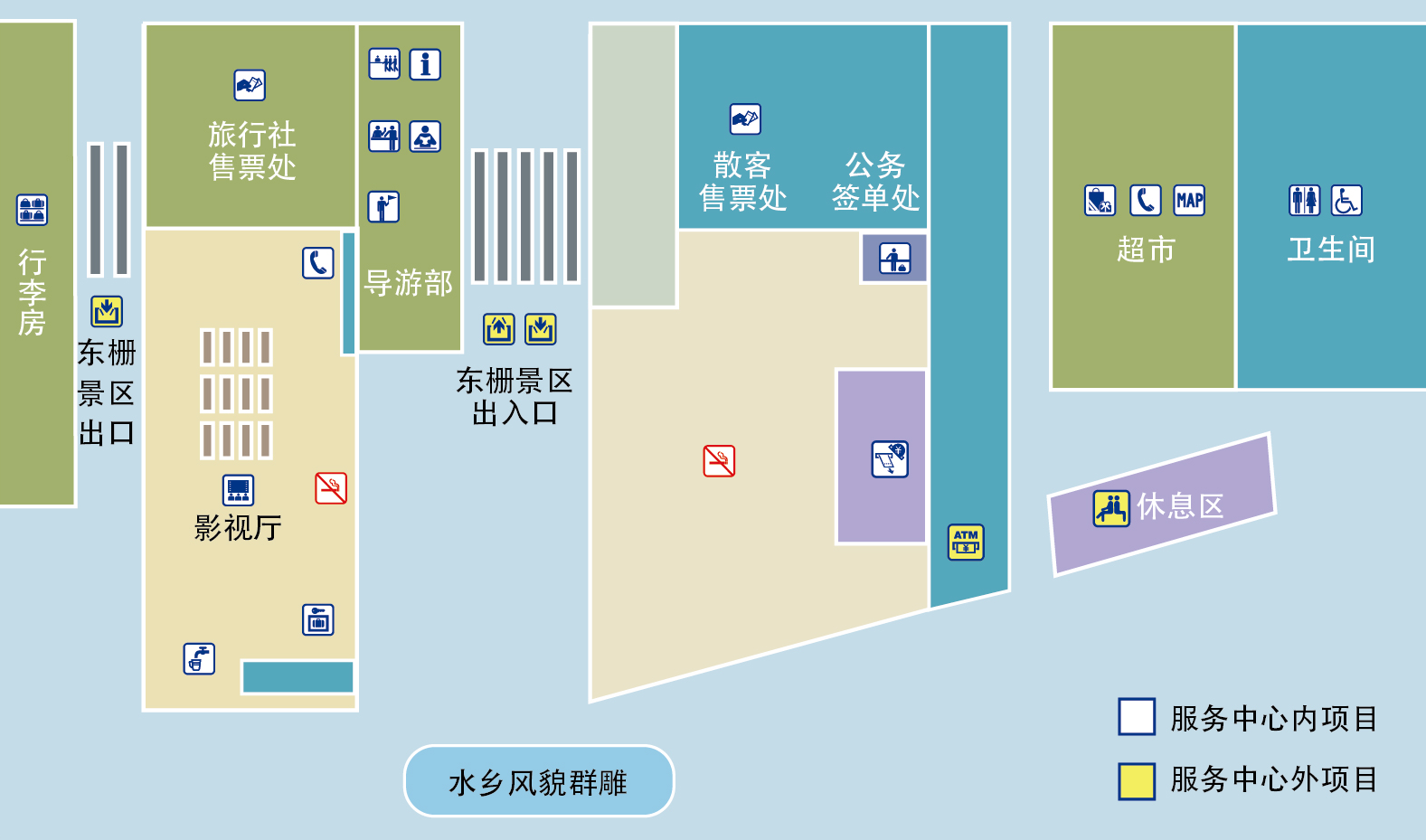

Styled Shundong, Xia had his roots in Renhe (Hangzhou), known as Zisong in the literary circle. With the loss of mother at a tender age, he respected his Xiao stepmother from Wuzhen religiously in an extended family. Suffering an official flop, his father Xia Jianyin saw a decline in family finances, quitting officialdom for business. The young Xia was left with his stepmom at her parental home. Showing a fondness for reading, he scoured the repertoire of classics collected by grandfather Xiao Qi.
In 1855, Xia passed the provincial exam as a juren candidature and a jinshi the following year, bestowed with Hanlin in the Imperial Academy, a literary retinue officer, complete with a horizontal plaque inscribed with Hanlin Residence. Giving credit to the Xiao family, the studious hitmaker had the board gracing his grandma's home hall, requesting to the royal court for an overhaul. Well refurbished, the abode was immortalized with imperial mandates and decrees, which, in a pair of wooden cases, finely carved, gilded and painted, were enshrined on the central beam of the hall. Famed in writing, Xia enjoyed the hype “beyond Zeng Guofan and Zuo Zongtang.” Appreciated by Empress Dowager Cixi, mentors were selected for Emperor Guangxu, with Xia in charge of chequered imitation (handwriting), and Weng Tonghe, literacy.
Navigating a lifetime of officialdom, Xia was rounded off with several posts, from shuzi (jishi-turned learner) at Shuchang Guan (further education academy), Zhanshi at Zhanshi Fu (court-keeping for royalty), Bingbu Shilang (vice minister of the War Department), Xuezhen in Shuntian Prefecture (educational commissioner of capital area), and a left-flank vice minister in the Ministry of Personnel.


